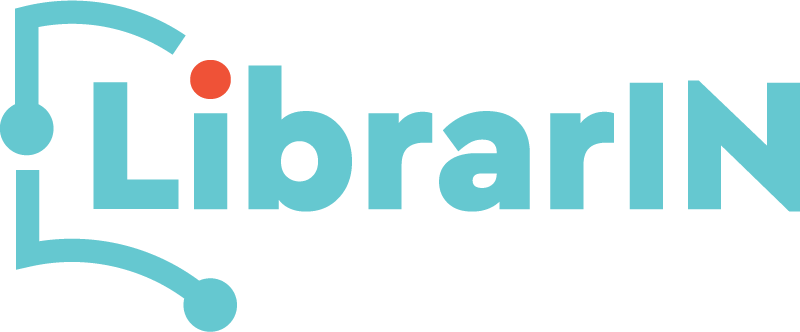In the LibrarIN Policy Brief titled “Reimagine Libraries: Sparking Collaboration for Innovation to Tackle Libraries’ 21st Century Challenges,” authors Ernesto Solano and Luis Rubalcaba (University of Alcalá), Elena Silvestrini and Marieke Willems (The Lisbon Council), present initial policy recommendations derived from comprehensive literature reviews.
Libraries are crucial for social inclusion and cohesion, acting as gateways to cultural works, skills, and European values. The EU’s 2023-2026 cultural plan highlights libraries’ role in providing equal information access, fostering individual growth, and addressing 21st-century challenges alongside other cultural institutions like museums and galleries. Public libraries, in particular, face increasing demands for innovation to meet societal needs, such as those outlined in the European Green Deal and the UN’s 2030 Agenda for Sustainable Development.
“Oftentimes, designing public library services following the internal logic of government or library managers – based on top-down policy assessments – do not meet the changing needs of citizens anymore’ (Co-VAL, 2021)”.
LibrarIN Literature Review
LibrarIN’s literature review underscores collaboration as vital for library innovation. In both academic and public libraries, partnerships have led to significant changes and a broad array of services, from education and business to health. Technological advances further enhance these collaborative efforts. However, literature shows that efficient strategies and policies are needed to overcome barriers and enhance innovation in libraries.
Collaboration can take many forms, including partnerships between libraries and other organizations or direct user involvement in service development. Effective collaboration must be strategic, user-focused, and adaptable to different contexts to avoid regional inequalities.
Policy Implications and Recommendations
Adding to the current leading policy and strategy debate, the Policy Brief offers actionable recommendations to promote collaboration and co-creation in libraries:
- Co-Creation Library Services: Libraries should develop services based on community needs, involving users and strategic partners in the process. Recommended service areas include reading and education, research, community and cultural services, health, creativity, and business.
- Thematic Areas for Collaboration:
- Digital Transformation: Define digital tools for collaboration, improve staff digital skills, and promote smart libraries.
- Libraries as Collaboration Spaces: Equip libraries as hubs for social entrepreneurship and innovation, supporting startups and partnerships.
- Innovation and Living Labs: Use living labs for co-innovation, involving stakeholders and users in library service development.
- Cross-Cutting Policy Areas:
- Strategic Collaboration Frameworks: Coordinate activities, manage change, and monitor impacts.
- Stakeholder Participation: Make co-creation integral to digital services and involve vulnerable groups.
- Organisational Support: Ensure access to co-creation specialists and promote cultural change.
- Best Practices and Managerial Tools: Create a database of successful collaborative practices.
- Monitoring and Evaluation: Develop a framework with key performance indicators to guide service improvements.
- Innovation Policy Areas: Investing in R&D, promoting new or improved services, enhancing innovation ecosystems, differentiating between traditional and co-created services, and adopting best practices for promoting innovation.
The LibrarIN policy brief concludes that fostering collaboration and innovation in libraries is essential to tackle libraries 21st century challenges and transforming them into spaces of encounter, participation, and engagement. Effective strategies should be developed to encourage collaboration across all types of libraries and contexts, ensuring equitable access and benefits.

